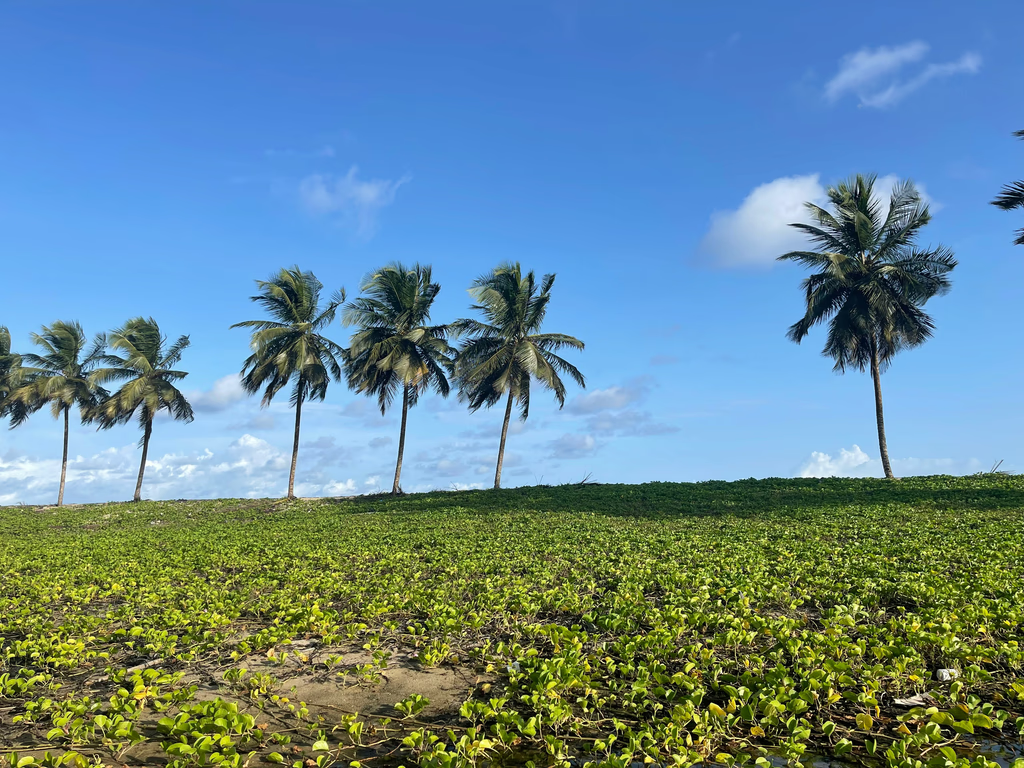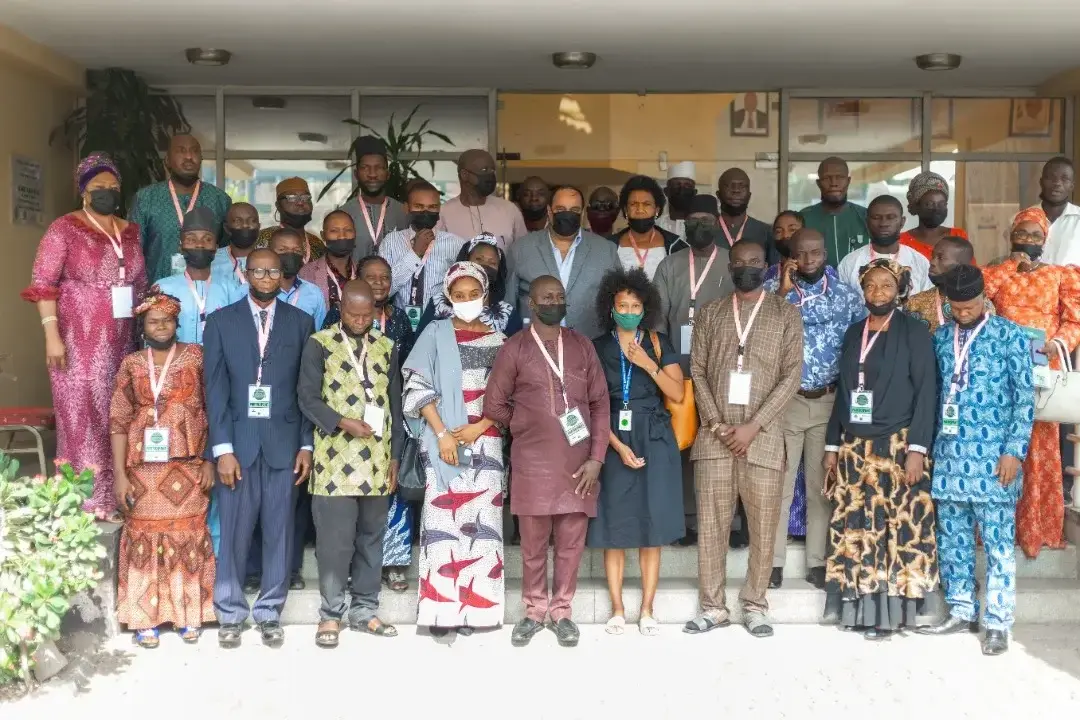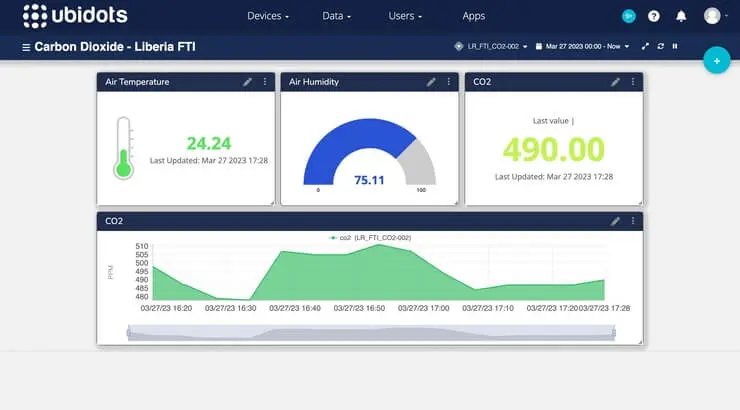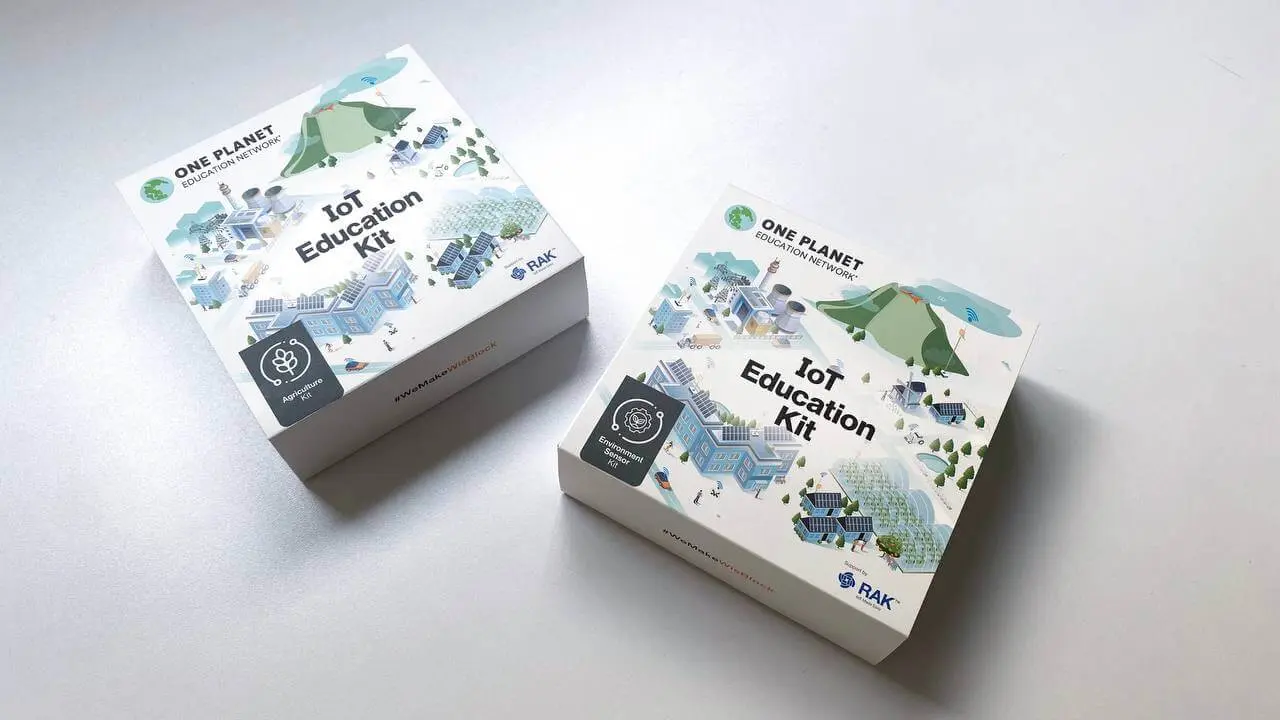
OPEN and the Forestry Training Institute in Liberia Measure CO2 and Greenhouse Gases to Support Climate Research
Tuesday, September 19, 2023
Overview
One Planet Education Network (OPEN) creates experiential project-based learning programs that focus on sustainability and community development challenges. With operations in 12+ countries, OPEN works with local schools, universities, ministries, and commercial organizations to address real-world issues applying education technology solutions for sustainable community development.
Through a wide variety of projects, OPEN leverages the Helium Network to provide connectivity for initiatives in sustainable and regenerative agriculture, climate change research, community emergency services such as farm security, and soon water management systems monitoring. Its technology solutions and subject area project-based courses align with many of the UN’s 2030 Sustainable Development Goals (SDGs).

OPEN works with partners to provide unique and tailored solutions to help farmers, foresters, and climate scientists to make more informed and timely decisions utilizing Helium and related IoT and AI/ML technology.
In a deployment with the Forestry Training Institute (FTI) in Liberia and in partnership with OPEN’s science research partners from the University of Maryland, OPEN has deployed a testbed of sensors to scientifically monitor native forest flora and trees over a two-year period to more accurately carbon capture and determine which native species will work best in future regenerative reforestation projects across Liberia and the region.OPEN has successfully tested the network, sensors and weather station on campus sites and will soon redeploy this initial testbed system to an adjacent FTI forest arboretum site to begin to conduct climate science research in a representative West African rainforest ecosystem.
Challenge
Liberia, like many other regions around the world, is recognizing the urgent need for ecosystem restoration. Ecosystem restoration is vital in order to address environmental degradation and the loss of biodiversity, in addition to mitigating the impacts of climate change. Communities and wildlife are all suffering effects of deforestation, unsustainable land use practices, illegal logging, poaching, and poorly regulated resource extraction, including:
Soil erosion
Reduced water quality
Habitat destruction
Greenhouse gas emissions resulting from the challenges above also have far-reaching consequences, exacerbating global warming and contributing to the alteration of weather patterns, rising sea levels, and an increased frequency of extreme weather events, extended drought periods, and heavier rainfall/flooding events.
Solution
Restoring ecosystems in Liberia can help mitigate these issues by promoting reforestation, regenerating soil health, enhancing biodiversity, and improving water retention, which all makes for improved agriculture conditions, thus also helping address the continent's food security issue.
Additionally, ecosystem restoration plays a crucial role in sequestering carbon dioxide, contributing to global efforts to combat climate change. Overall, the restoration of Liberia's ecosystems is essential for the well-being of its people, the preservation of its unique biodiversity, and the resilience of its environment in the face of ongoing challenges.

Analytics and real-time data from weather stations and sensors collecting CO2 and GHG measurements collected over a two-year period will allow researchers and forestry professionals to:
Scientifically monitor carbon capture relating to native forest flora and trees.
Determine which native species work best and apply results to future regenerative agriculture and reforestation projects in the region.
Utilize solutions that precisely gauge forest sequestration levels as concrete evidence for carbon finance organizations to grant carbon credits to nations implementing strategies that counteract worldwide emissions.
Guide course development to educate a new generation of forestry professionals.
Additionally, researchers hope that this standardized approach with IoT, AI/ML, could emerge as a straightforward means of curbing the entry of substantial volumes of CO2 into the atmosphere from unsustainable forestry. Similar technology solutions will also be applied by OPEN in monitoring regenerative practices with the goal of capturing more carbon on smallholder farms worldwide. Work is also just getting underway with OPEN and partners in Liberia, Hawaii, and Kenya, and other OPEN country sites across the globe.
What's next?
OPEN and its partners will continue to utilize data analytics to measure long-term results, and use this scientific research data to drive positive change in the world.
“Based on the initial findings at Liberia’s Forestry Training Institute (FTI), more research is needed on the relationship between carbon dioxide and temperature. Since we are not seeing a linear relationship, there are most likely anthropogenic factors influencing the results. Weather station data, particularly wind speed and direction, will aid in determining if the carbon dioxide is originating from the campus, or if it is being blown in from a different location. After gathering this data, expanding our sensor network array in the arboretum rainforest adjacent to campus, we intend to monitor and evaluate the forest health at this representative Liberian site in terms of carbon sequestration.”
—Megan Brown – Carbon Sequestration Researcher & Senior Student. University of Maryland – Department of Atmospheric and Oceanic Science
OPEN and RAK wireless are about to launch a new line of education kits that include a variety of development boards tailored to verticals like agriculture, the environment, industrial communications, outdoor livestock tracking, and more.Through these OPEN-RAK development kits, courses, Seeed Studio, and Ubidots data network systems, OPEN is creating an open source Global Sensor Data Network (GSDN) for students and scientists worldwide to share and act on the data from monitoring city air quality conditions, diverse ecosystems and local farms.

With projects across North America, Africa, Europe, and Oceania, OPEN will continue to educate and solve real-world problems using hands-on learning programs. Additionally, OPEN, in partnership with RAK, will offer certificates for full kit course modules completion and is in discussions with university partners to later offer college credits for kit course completion.
